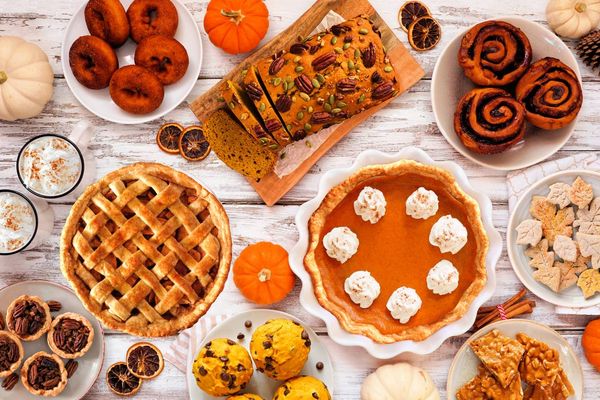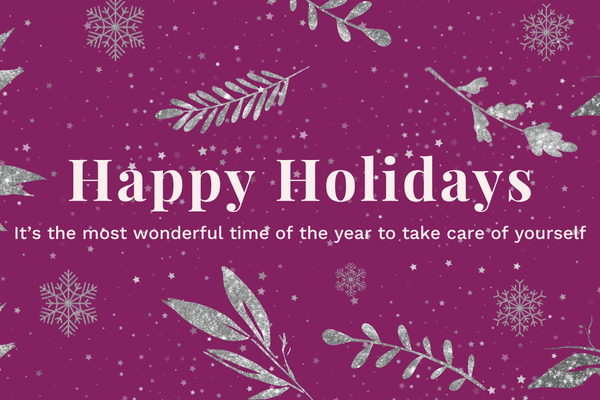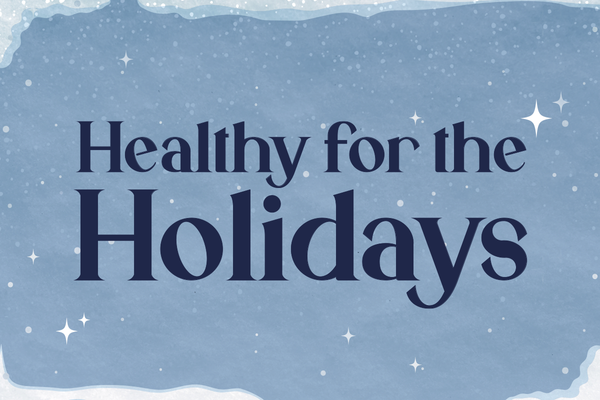As joyful as the holidays are, this time of year also causes lots of people lots of stress. It’s no wonder, really. Fraught family relationships, expenses, planning gatherings and travel are just some of the contributors to stress.
But stress doesn’t have to get the better of you and ruin the fun. Sounds impossible? I promise, it’s not. By putting a few key stress management skills into practice, you can sail more smoothly (and happily) through all the upcoming festivities.
Hard to avoid holiday stress
When I’m feeling stressed, I like to use positive self-talk to calm myself — and my racing heart — down. Berating myself or telling myself that I’m being silly has never worked to soothe me. Believe me, I’ve done that many times over. I have worked hard to soothe myself with compassion and it tends to be more helpful and makes more sense.
And then take several deep, slow, belly breaths. This can help stimulate your vagus nerve, which can trigger a relaxation response in your body. As you do this, focus on further relaxing every muscle you have, traversing your body from head to toe. Take your time. Give your body this muscle memory.
To manage the bigger picture aspect of your stress, try to zoom out a bit for some perspective. Blessed and stressed rhyme for a reason: The stress of travel, for example, means that at least you can afford to travel in the first place. I like to remind myself that the situation I’m in is not necessarily stressful itself. Rather, it’s my attitude, my history and the meaning I bring to a situation that can make me feel stress.
Of course, classic stress management tools are also key, like sticking to your workout schedule. Even if you can’t hit up your favorite class, go out for a hike, a run or just a walk through the neighborhood. Participate in the local Turkey Trot or organize a family flag football game. Exercise and activity are amazingly effective antidotes to stress and good for you in about a million other ways, too. However, if you can’t stick with your habits, forgive yourself. Habits balanced with spontaneity can be the foundation of your calm.
Combating exhaustion
And then there’s the exhaustion. No matter how you slice it, the holidays can be really tiring.
To cope, one of the best ways is to focus on the present. Be with the people you’re with and in the moment you’re in. Don’t multitask. That will end up draining you more than anything else. So, when you’re talking to Uncle Fred, pay attention as if he is the most important thing in the world to you. You will be amazed how good it feels to be present. Try not to quietly, privately worry about what you have to do later or tomorrow or when you get back to your desk. The more present you are, the more energy you will have. Not only that, but the more fun you’ll have and the more others will enjoy your company.
Another key strategy here, especially if you’re the host, is not to take on all the responsibilities of holiday planning, prepping and executing everything all by yourself. Group your guests into teams and have them each tackle at least one meal together – breakfast, lunch or dinner. Put it entirely in their hands — the grocery shopping, the cooking and the cleaning. You’ve got enough going on, and no one gets extra points for running themselves ragged.
Managing dietary restrictions
The holidays tend to have a heavy focus on food. From the traditional Thanksgiving feast to a large Christmas dinner and special New Year’s Eve meal, this is definitely a season for eating. The emphasis on food can make people who can’t participate because of dietary restrictions, especially caused by illness, feel left out, isolated and alone. It is hard not to feel robbed in some way or that others have it easier. It’s hard not to become resentful.
While it’s OK, even important, to let yourself feel your feelings, it’s equally important not to wallow. Instead, take the time before the holidays to work with a nutritionist, dietician or even a chef to learn creative, tasty ways to prepare foods you can safely eat. If you do, you might even be able to come up with a few recipes and bring dishes that everyone will enjoy. It can help you feel more integrated into the group if you’re able to eat some of the same things as everyone else. Someone like a nutritionist can likely also help you figure out ways to take some of the focus of the holiday off of the food.
Dealing with loss during the holidays
The loss of a loved one is always a blow. But the holiday season can make dealing with that loss especially tough. The holidays can be triggering for many people, bringing on a rush of complicated, painful feelings and sadness. Knowing how to connect to those you care about who have experienced a loss can be challenging, too. But there’s one key that I think is most important of all: Don’t let the holidays be the only time you reach out.
The best way to let people know that you’re thinking about them during the holidays is to let them know that you’re thinking about them on non-holidays, too. People probably pop into your head all the time, but you may not always do anything about it. That’s easy to change. Tell people you’re thinking of them when you’re thinking of them. Don’t wait. Start now. Make a phone call, send a text, write a letter. Your efforts and thoughtfulness will be deeply appreciated.
Other meaningful ways to remember those who have passed away can include rituals during your holiday celebrations. You can put candles on the table with a special one lit just for that person, or you can raise a glass and offer a toast to honor their memory. Sharing fun stories throughout your holiday gathering keeps their spirit and memory alive.
Prioritize your mental health
No matter what your holiday plans are this year, it’s critical that your celebrations don’t come at the expense of your mental health. The strategies I’ve outlined here should help you handle many of the challenges you may encounter while taking care of yourself, too. They’re not complicated, but they do take some thoughtfulness, some planning and perhaps some practice and patience. The result, I hope, will be a holiday season filled with joy, comfort and calm.
For more on this topic, watch WomenTalk: "Healthy for the Holidays". We're discussing health during the holidays. This time of year can be a stressful time for many of us; there's pressure to connect with friends and family, mood can be affected, some are grieving the loss of loved ones, and there's added dietary stress. Our expert guests will share helpful tips for how to be healthy for the holidays — mentally and physically.
- The Perfectly Imperfect Christmas ›
- How to Stay Cool About Hot Button Issues at Holiday Parties ›
- Unwrapping Depression for the Holidays ›
- Protecting Your Mental Health During the Holidays ›
- 3 Ways to Sidestep Stress at the Holidays ›
- 5 Reasons Why Energy Dips at Holiday Time - HealthyWomen ›
- Tips for Preparing for the Holidays When You're Chronically Ill - HealthyWomen ›
- How to Stay Healthy During Holiday Travel - HealthyWomen ›








